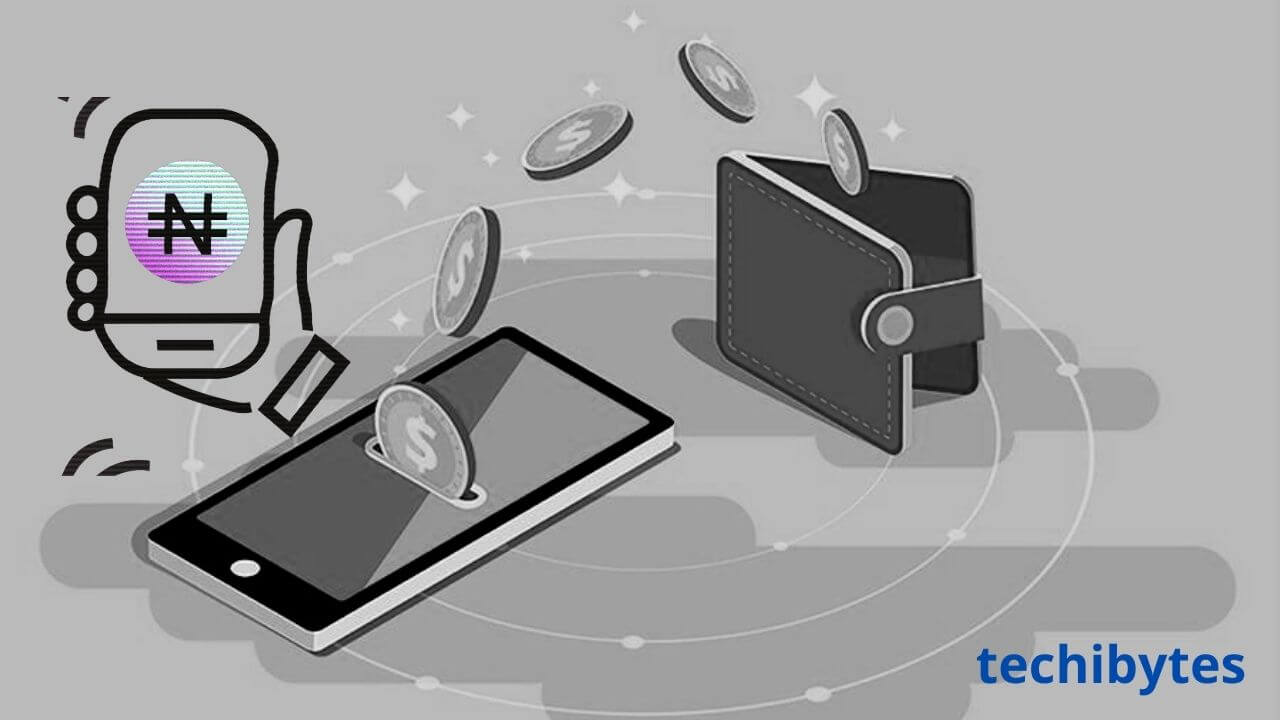Investing is a better alternative to saving, and a fair amount of people see it that way. When you invest money, it will likely increase over time, while your savings will stay the same or in the best-case scenario, drive a profit of a few dollars.
However, when the capital in question is your savings, it becomes a completely different story. It’s genuinely difficult to recommend that you should invest all of your savings, especially when you’re saving for a particular purpose.
On the other hand, there is no denying that investing some of your savings might be a smart idea after all. This article will show you some of the most profitable ways to start investing your savings and some of the most compelling reasons to consider investing in them. Then again, we have this great piece of places you could invest your money for good returns.
Why Should You Invest?

If you read books and blogs about revenue generation, you should notice that investments always take center stage. It’s easy to list a thousand reasons why you should invest for the long term if I wanted to; that’s how important investing is.
However, listing a thousand reasons would be as good as regurgitating some of the most common pro-saving arguments you’ve seen elsewhere. There are many compelling arguments that you’ve likely never seen anywhere else, and this section will focus on them.
Firstly, when you keep money in a bank account instead of investing, your money loses value. The numbers may look the same to you, but inflation will keep decreasing your purchasing power, leaving you with an amount that’s a lot less valuable than you saved.
Also, saving money assumes you’ll keep earning forever. Once you stop earning, it becomes a matter of time before what you’ve accumulated will start dwindling. Recall that they already aren’t as valuable as when you first saved them, no thanks to inflation.
It’s also incredibly easy to start investing money right now due to the many different platforms available for the purpose. Since there’s an entire section dedicated to that, I won’t be listing the ways to start investing your savings here, continue reading if they matter to you.
Benefits of Investing Your Savings
Investing is sweet and all, until you’re trying to invest your savings meant for a particular purpose. While your money is likely to grow when you invest, there’s always the chance that you’ll lose a huge chunk of your money, and the higher the risk, the higher the reward.
With the risks associated with investing your savings, should you even attempt to do it? I’ve established a couple of arguments in favor of investing money earlier, and here, I’ll replicate the same thing, but for your savings and not a few random bucks lying around.
Here are some of the benefits of investing your savings.
- Beating inflation
The only way you can beat inflation is by investing your money. As explained earlier, saving your money only retains the numeric value; the actual value will continue to decrease over time, a flaw that makes saving your money unattractive.
With investment, however, you can rest assured that your money will grow with a growth in the inflation rate unless you record a loss. If you invest wisely and spread your investment dollars over a wide range of options, there’s an infinitesimal chance that you’ll lose. - Reducing taxable income
Taxes eat into the income of the average person, and saving doesn’t account for that in the least. If you’re saving your money, you’ll have to settle your taxes before saving from whatever is left. While it’s largely the same with investments, some let you skip the taxes part.
If you’re investing in a retirement fund, you only do that before the income is taxed. That gives you a bigger capital pool than trying to save after you’ve had a huge chunk of your income deducted in taxes to the government. - Reaching your financial goals
When you can beat inflation by getting returns on your income before tax, you’ll undoubtedly be reaching your financial goals a lot quicker than you will by only saving money. Investing money makes it easier to embark on huge projects like buying a car or purchasing a house. The fact that you should invest your savings doesn’t mean you shouldn’t consider investing in some scenarios. There are some instances when it’s better to save than invest to meet specific goals more quickly.
For instance, you shouldn’t rush to invest all your money if you don’t have any emergency savings. Life happens, and you’ll have yourself to blame if you don’t have some money to bail you out in the event of any emergency. This point is even more important if you live in a country like Nigeria.
Also, if you’re trying to get money for a short or mid-term project like tuition fees or house rent, saving might be the best option. You don’t want to get kicked out of school because you invested your tuition fees on Bitcoin before the crash.
Unless you find yourself in one of the very specific scenarios where saving is superior, you may need to delve into investing. Don’t worry if you don’t know what to invest in yet; the following section will show you some of the most profitable investment mediums for your savings.
Ways to Start Investing Your Savings
There are several profitable ways to invest money, but when looking for ways to start investing your savings, profitability isn’t the only quality you’re looking for. In addition to driving profits, you also need some security for your money, something a lot of investment methods won’t guarantee.
Also, when investing your savings, you want to diversify as much as possible to avoid putting your eggs all in one basket. As I dive through the different ways to start investing your savings, you’ll understand the importance of diversification.
If you are looking at investing in startups, I know you must have asked how investors make money from startups after investing, well that is not a hard nut.
With that said, here are some of the best ways to start investing your savings in an emerging economy like Nigeria.
1. Using a Robo-advisor
If you’re completely new to investing with no idea where to put your money, you may want to use a Robo-advisor. In simpler terms, a Robo-advisor is a robot that analyzes your income and income streams to help generate investment advice using artificial intelligence.
A robot advisor is the AI version of a wealth advisor you get from banks and other financial institutions. While it doesn’t offer advice that’s as tailored or good as professionals, it’s a good way to start the risky journey into investing.
The best part of using a Robo-advisor is that it diversifies your investment automatically; you don’t have to worry about not putting all your eggs in one basket. You can also get some robot advisor apps for free, which is an improvement over the thousands of dollars you pay for professionals.
The downside to using a Robo-advisor is that you’re taking investment advice from a piece of code. What you get relies on how well the robot is coded; if you’re using an untrusted app from a random developer, there’s a very good chance you’ll be losing a lot of money.
2. Investing in cryptocurrencies
Cryptocurrencies mightn’t be the hottest way to invest your savings at the moment but they’ve had their time. Just a couple of months ago, Bitcoin hit its all-time high, selling for around $68,000, with most other coins following suit.
Before investing in cryptocurrencies, you should understand the volatility associated with cryptocurrencies. Also, you may want to acknowledge the different cryptocurrencies available since there are thousands of them out there. Techibytes recently ran a piece on meme coins that give a deep dive into that category of cryptocurrencies.
Once you understand what you’re diving into, you should also remember one golden rule: only invest what you can afford to lose. Cryptocurrencies are still crazily volatile, and investing your rent in crypto may render you homeless in a matter of months.
Finally, learning risk management is crucial before investing in an asset as volatile as crypto. Without effective risk management, you’re at risk of having your emotions becloud your sense of judgment, something that inevitably leads to losses in the long run.
3. Investing in the stock market
If you’re worried about the security of your money, investing in the stock market would be a more feasible option than investing in crypto. While we’ve seen crypto fall massively in price, it’s almost impossible for stocks to fall massively to near-zero levels rapidly.
Before putting your money out there, you should consider learning the differences between individual stocks and funds. While you can purchase small volumes of stocks in many different companies using a mutual fund, an individual stock only allows you to buy stocks in separate companies.
After knowing exactly what it is you’re investing in, you can proceed to open a brokerage account. If your Robo-advisor is recommending investing in stocks, you may not have to open a separate brokerage account to be able to trade the stocks.
You must focus on the long term to get tangible returns on your stock investment. If you’re saving towards a short-term goal, skipping the process of investing in stocks might be a lot more sensible instead.
FAQ
How Should a Beginner Start Investing?
If you’re new to investments, you should consider using a robot advisor for management. Over time, you can start learning the profitable ways to start investing your savings, making you an expert investor yourself.
Conclusion
Instead of amassing loads of money that will lose value over time, putting the money on profitable investments is a no-brainer. This article examines some of the most common ways to start investing your savings to see what will work best for you.
Again, you should note that investing is only a better alternative to saving when you don’t have an immediate use for your money. Investing your rent or school fees, as emphasized earlier, will remain a bad idea until we find ways to start investing your savings without any chance of loss.
If you liked this article, then please subscribe to our YouTube Channel for WordPress video tutorials. You can also find us on Twitter and Facebook










